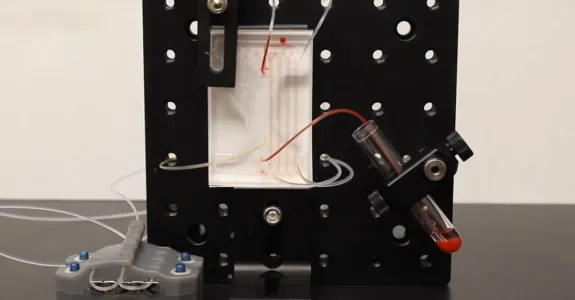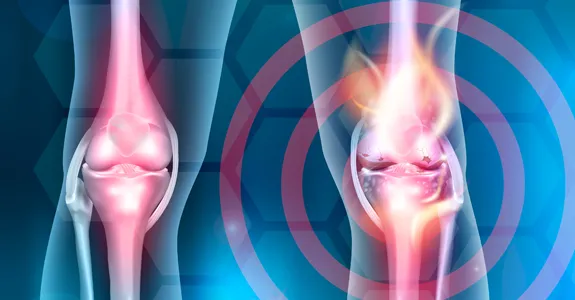
In 1999, Dr. Stephen Galli became chair of the Department of Pathology (and finished my tenure in that role on April 30, 2016), the Mary Hewitt Loveless, MD Professor, and a professor of pathology and of microbiology and immunology at Stanford University School of Medicine. Dr. Galli is also a member of the Executive Committee of the Stanford Institute for Immunity, Transplantation and Infection. From 2009-2016, while chair of pathology, he also was Co-Director of the Stanford Center for Genomics and Personalized Medicine.
Dr. Galli received a BA in biology in 1968 from Harvard College, a BMS in 1970 from Dartmouth Medical School (then a two year school) and the MD in 1973 from Harvard Medical School (HMS), and completed a residency and chief residency in Anatomic Pathology at Massachusetts General Hospital (MGH) in 1977. After postdoctoral training with Harold F. Dvorak at MGH, he joined the HMS faculty in 1979 as assistant professor of pathology, became professor of pathology in 1993, and, until moving to Stanford, served as director of the Division of Experimental Pathology at Beth Israel Deaconess Medical Center and a member of the HMS Committee on Immunology.
The goals of Dr. Stephen Galli's laboratory are to develop and employ innovative approaches to understand the regulation of mast cell and basophil development and the expression of mast cell and basophil functions, and to elucidate the roles of these cells in health and disease. Work is conducted both in mouse models and also with human subjects suffering from food allergy, asthma, atopic dermatitis, and other allergic disorders.
The lab has particular interests in the roles of these cells in anaphylaxis, food allergies, and asthma, and in the roles of mast cells and IgE in innate and acquired host defense against venoms.




